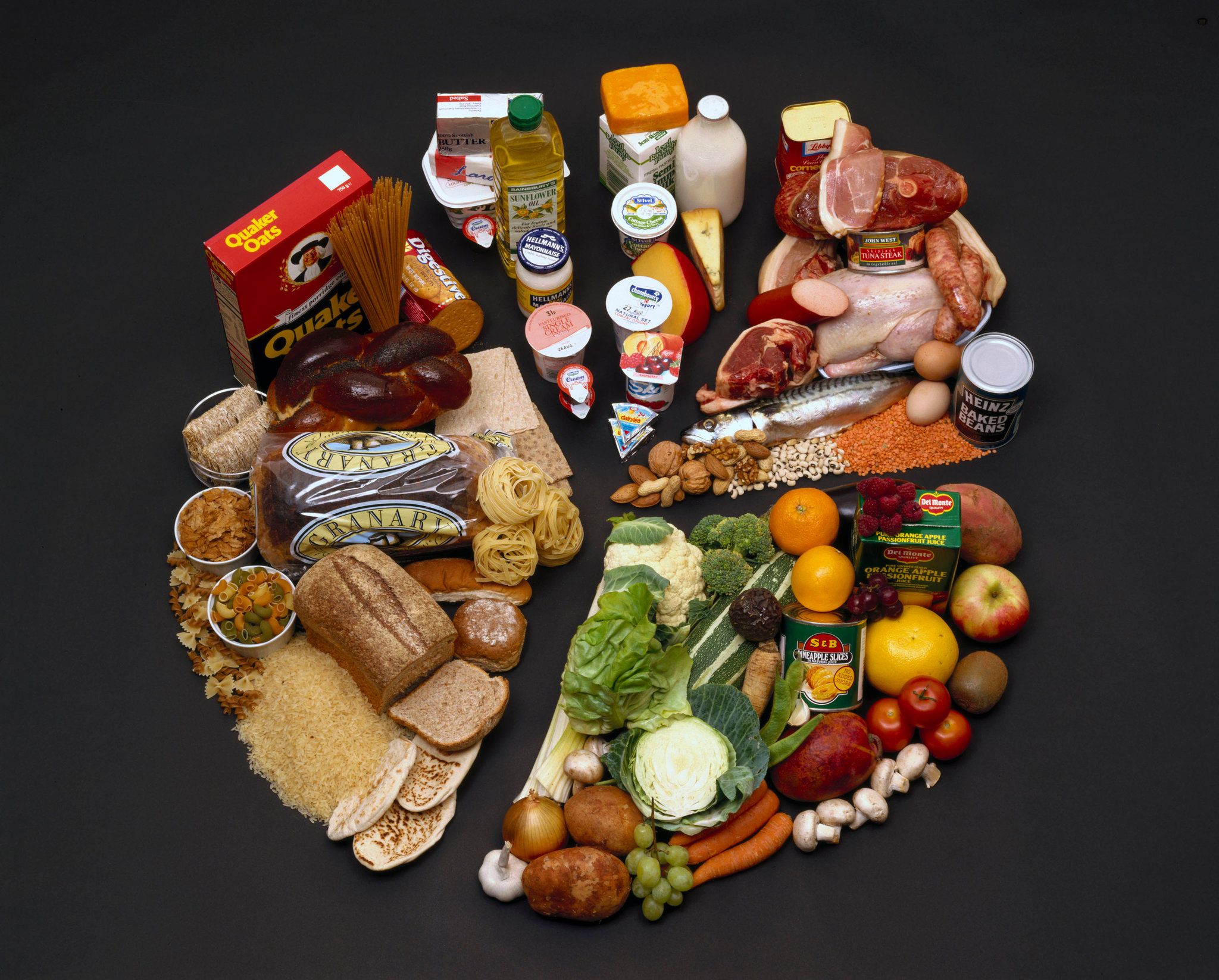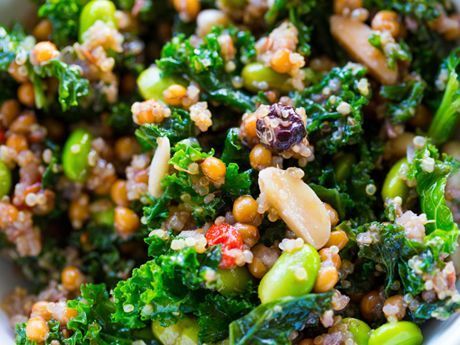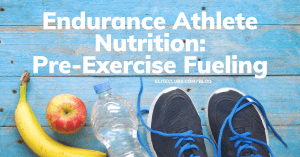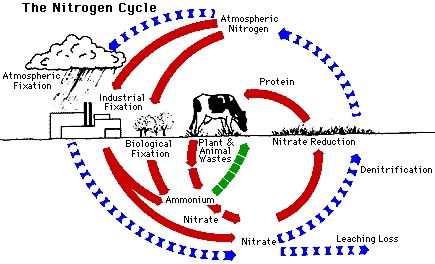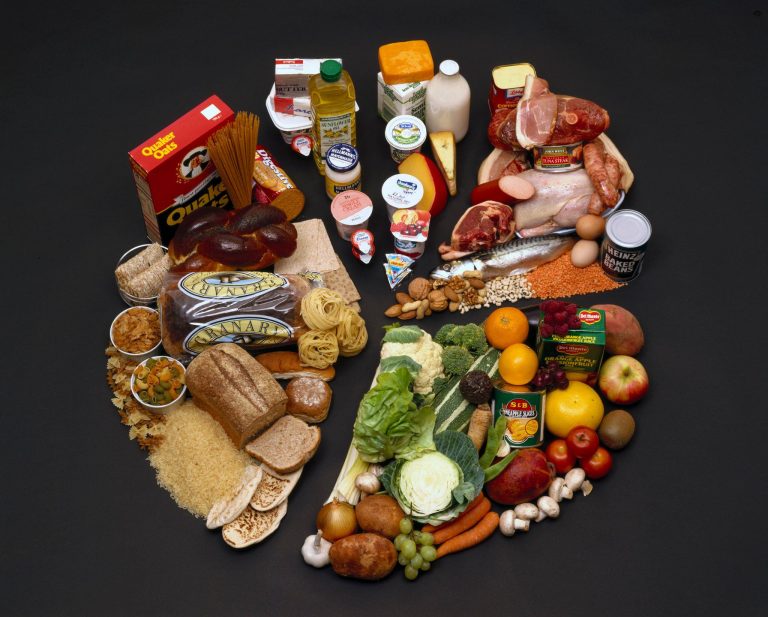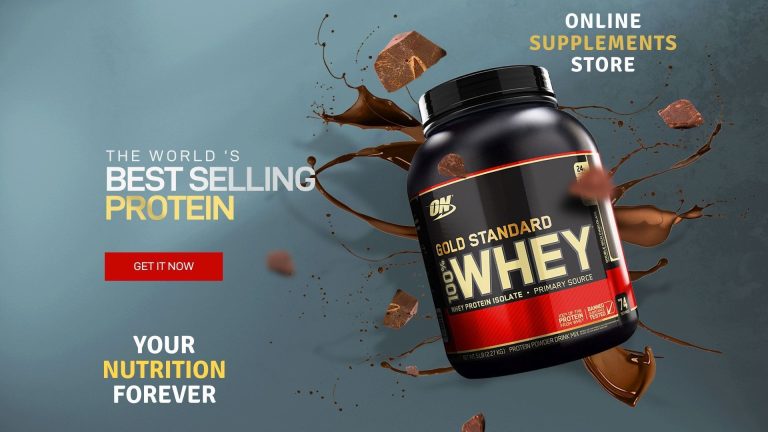Good nutrition is crucial for athletes participating in team sports. What you eat and drink can have a significant impact on your performance, endurance, and recovery. Team sports require a combination of strength, speed, agility, and stamina, all of which can be enhanced through proper nutrition.
The Importance of Carbohydrates
Carbohydrates are the primary source of energy for athletes. They provide the necessary fuel for both aerobic and anaerobic activities. For team sports that involve frequent bursts of high-intensity efforts, such as soccer or basketball, carbohydrates become particularly important. Consuming enough carbohydrates before and during the game helps maintain blood sugar levels and keeps your energy levels high throughout the match.
Include foods rich in complex carbohydrates like whole grains, fruits, and vegetables in your diet. These foods release energy slowly, ensuring a steady supply of fuel during the game. Additionally, consume simple carbohydrates like fruits or energy gels during breaks to quickly replenish glycogen stores.
Protein for Muscle Recovery
Protein plays a crucial role in repairing and building muscles after intense physical activity. Team sports often involve high-intensity movements like sprinting, jumping, and tackling, which result in muscle tissue breakdown. Consuming an adequate amount of protein helps repair the damaged tissue and aids in the growth and recovery process.
Include lean sources of protein such as chicken, fish, tofu, beans, and low-fat dairy products in your meals. Aim to spread your protein intake throughout the day, as it will facilitate better muscle protein synthesis. Additionally, consuming protein shortly after a training session or game can optimize muscle recovery.
Hydration for Performance
Staying well-hydrated is essential for optimal athletic performance. Dehydration can lead to decreased concentration, fatigue, and decreased stamina. In team sports where performance relies heavily on speed, agility, and decision-making abilities, hydration becomes even more critical.
Make it a habit to drink water consistently throughout the day, even when you’re not actively training or competing. During exercise, aim to drink fluids regularly to replace the fluids lost through sweat. Sports drinks can be beneficial during prolonged, high-intensity activities, as they not only provide hydration but also replenish electrolytes lost through sweat.
Pre- and Post-Game Nutrition
Optimizing your nutrition before and after a game can make a significant difference in your performance and recovery. Before a match, aim to consume a well-balanced meal consisting of carbohydrates, protein, and healthy fats about 2-3 hours before the start time. This timing allows your body to digest and absorb the nutrients properly, providing you with sustained energy during the game.
Examples of pre-game meals include whole wheat pasta with lean protein and vegetables, a turkey sandwich on whole grain bread, or a quinoa salad with grilled chicken and vegetables. Avoid foods high in fat and fiber, as they can cause discomfort and slow down digestion.
After the match, prioritize replenishing your glycogen stores and promoting muscle recovery. Consume a snack or meal within 30 minutes of finishing the game. This meal should contain carbohydrates and protein to facilitate glycogen resynthesis and muscle repair. Chocolate milk, Greek yogurt with fruits, or a protein shake with a banana are all excellent post-game options.
Supplementation
While a well-balanced diet can provide all the necessary nutrients for team sports, some athletes may find supplementation beneficial. However, it’s important to consult with a sports nutritionist or healthcare professional before considering any dietary supplements.
Common supplements for athletes include protein powders, creatine, omega-3 fatty acids, and multivitamins. These supplements are meant to complement a healthy diet and are not replacements for real food. Use supplements wisely and always follow the recommended dosage to ensure safety and effectiveness.
In Conclusion
Nutrition plays a crucial role in the performance and recovery of team sport athletes. Properly fueling your body with the right nutrients can enhance endurance, improve strength, and optimize overall performance. Remember to focus on carbohydrates for sustained energy, protein for muscle repair, hydration for optimal function, and stick to a well-balanced diet to fuel your success in team sports.
